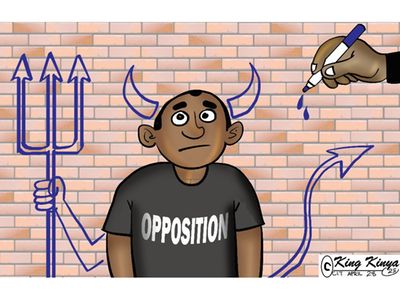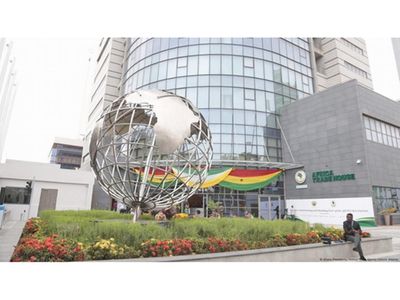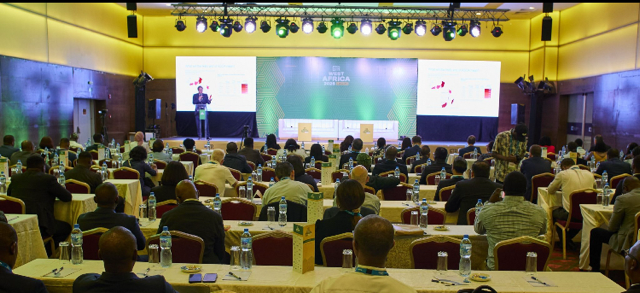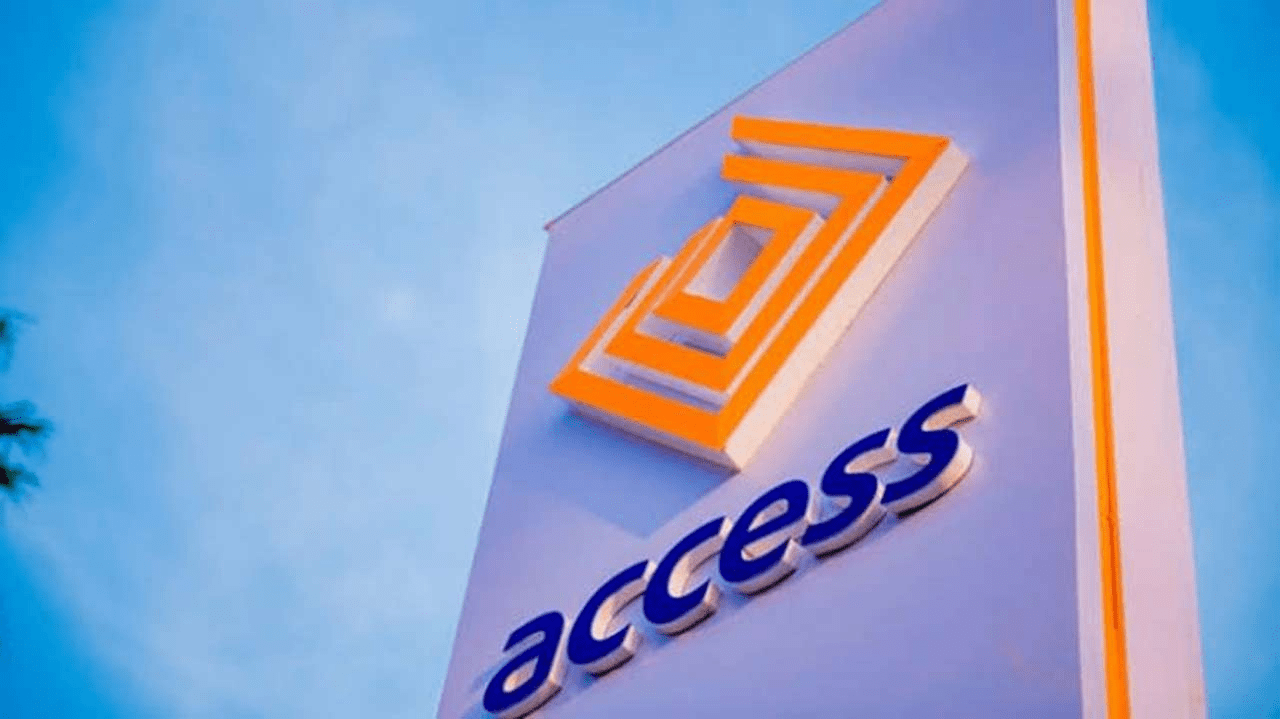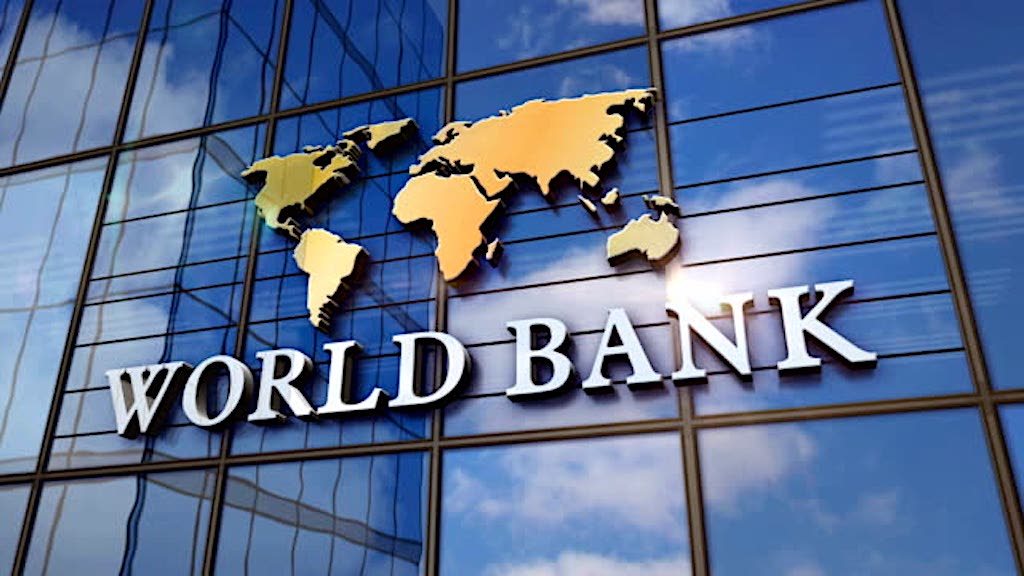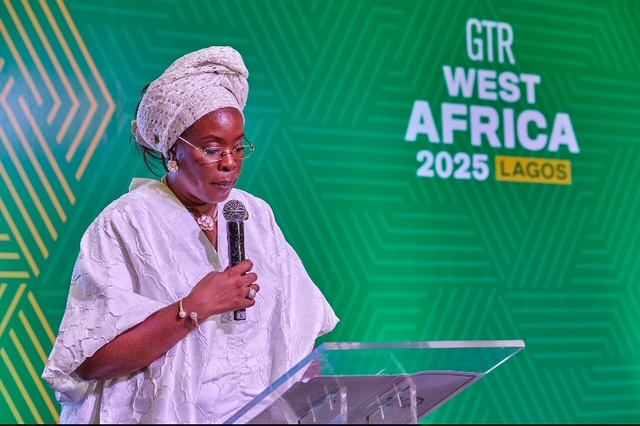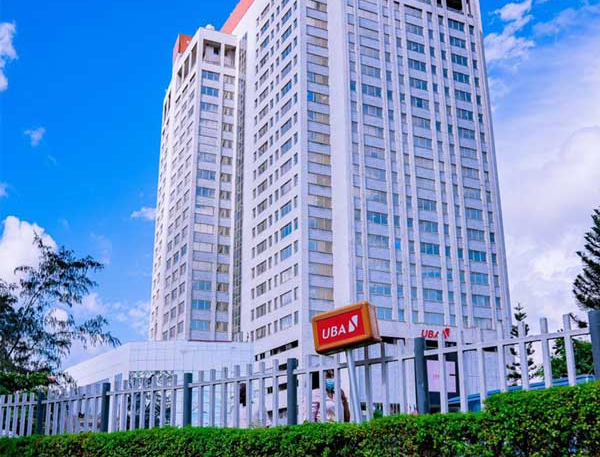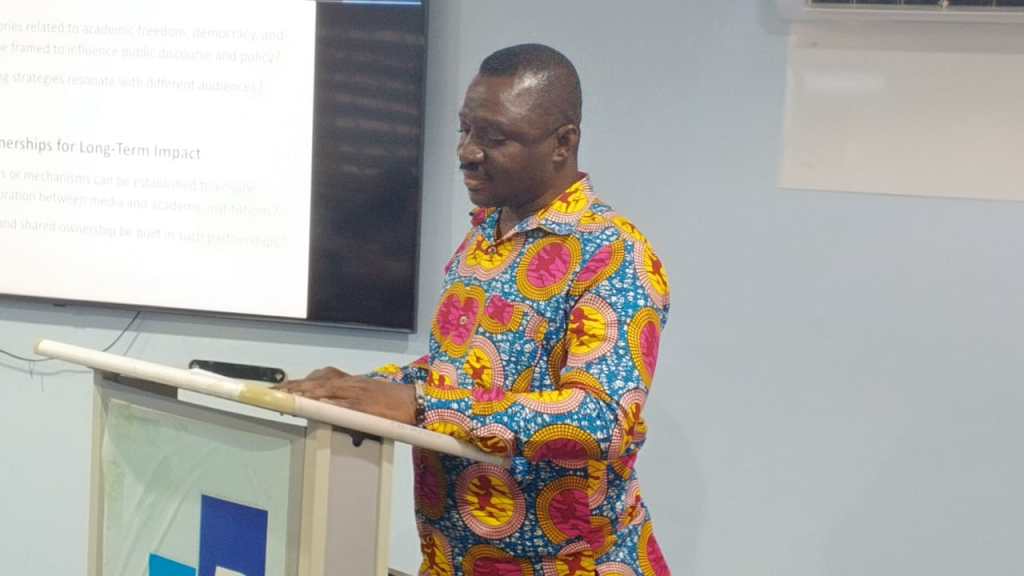
By Paul Mamattah
The Africa Coalition for Academic Freedom (ACAF), has organised a training workshop for journalists in Accra, aimed at equipping journalists and media practitioners with the tools and knowledge to advocate for academic freedom.
The workshop brought together, key figures from the media sector to deepen their understanding of academic freedom and explore collaborative strategies to protect it.
Participants examined how defending academic freedom aligns with broader efforts to uphold democracy, human rights, and sustainable development.
The training covered a range of topics including the definition and significance of academic freedom in democratic societies, the interconnection between academic freedom, freedom of expression, and press freedom, relevant legal frameworks, and effective approaches to advocacy and partnership building.
As an initiative dedicated to advancing academic freedom across Africa, ACAF, works closely with the academic community and stakeholders, such as the media to ensure that the right to free inquiry and expression is preserved.
The organisation views academic freedom as a cornerstone for promoting democratic values, protecting human rights, and fostering sustainable development across the continent.
Speaking in an interview with the media after his presentation, the Regional Director of ACAF, Professor Appiagyei-Atua, underscored the crucial role of academic freedom in enabling universities to function effectively.

He stated that scholars must be able to conduct research without undue interference in order to generate knowledge that benefits society.
Professor Appiagyei-Atua, noted that governments often fail to uphold this right, viewing academic inquiry as a threat to their authority.
He explained that ACAF, actively monitors and documents both violations and success stories related to academic freedom, sharing these reports with the media to raise awareness and encourage positive action from governments.
He stressed the importance of media involvement in this process, calling for enhanced media education on academic freedom.
“We need journalists to understand and frame issues in the language of academic freedom so the public can appreciate its relevance to everyday life,” he said.
Professor Appiagyei-Atua, also highlighted the many forms in which threats to academic freedom manifest, including violence against academics, imprisonment, surveillance, and poor working conditions.
While he acknowledged that Ghana performs relatively well compared to other African nations, he expressed concern over the global decline in academic freedom.
“Academic freedom is deeply connected to democracy, human rights, and development.
Without it, we all lose.”
He urged stakeholders to strengthen advocacy efforts and draw clear connections between academic freedom and broader societal progress.
Speaking on the topic, “The Intersection of Academic Freedom, Freedom of Expression, and Press Freedom,” a lecturer at the University of Media, Arts, and Communication (UniMAC), Zakariah Musah Tanko, highlighted a growing disconnect between academia, the media, and the public.

He noted that public engagement with academic work remains limited, with both the public and media often unaware or uninterested in the valuable research being done within universities.
“People often accuse academia of being insular, focused solely on publishing for promotion. The media, on the other hand, tends to cover only sensational university issues like sacking, harassment, or plagiarism while overlooking more substantive, impactful research.” He lamented.
Mr. Tanko emphasized the need for stronger collaboration and mutual understanding between academia and the media and called for regular training and capacity-building initiatives to improve how academic research is communicated and reported.
“Academics must learn to break down complex findings into accessible language, and the media should invest in understanding academic processes and content,” he said.
He also criticized the media’s lack of subject-area expertise and urged outlets to conduct skills audits to build a database of knowledgeable experts for more informed coverage.
Mr Tanko, added that increasing political polarization has discouraged academics from engaging with the media.
“When everyone is boxed into political categories, it creates fear and drives scholars away from public discourse. We need to uphold professionalism and conduct proper research to build trust.” Mr Tanko added.
He, therefore, underscored the need for a more collaborative ecosystem where academic freedom, expression, and informed journalism can thrive together.
In his closing remarks, the Executive Secretary of the Private Newspapers and Online News Publishers Association of Ghana (PRINPAG), Jeorge Wilson Kingson, reaffirmed the media’s critical role in protecting academic freedom and promoting democratic values.
Expressing appreciation for ACAF’s invitation to collaborate, he described the initiative as a vital effort to safeguard intellectual autonomy and strengthen the continent’s democratic foundations.
“We are honoured to be particularly of this groundbreaking movement that seeks to champion academic freedom and protect the freedom to think, express, and inquire.” He said.
Mr Kingson, emphasized that academic freedom and press freedom are deeply interconnected. “They are two sides of the same coin, each reinforcing the other in the service of truth, justice, and democratic growth.” He noted.
He applauded the participants for their active engagement throughout the programme and urged them to apply the lessons learned in their professional work.
“Let this training shape the way you frame your narratives, conduct your interviews, and pursue your editorial work. Let your stories speak truth to power and amplify the voices of scholars and institutions facing constraints.” He said.
Mr Kingson, also stressed the transformative power of journalism, calling on media practitioners to use their platforms not just to inform, but to reform.
He pledged PRINPAG’s continued commitment to supporting ACAF’s mission and advancing the cause of academic freedom across Africa.
“We look forward to deepening our collaboration with ACAF and other stakeholders. Let us leave here not just informed, but inspired to write more, to question more, and to protect the freedom to think and to learn.” He concluded.
The post ACAF trains Journalists on academic freedom advocacy appeared first on The Herald ghana.

